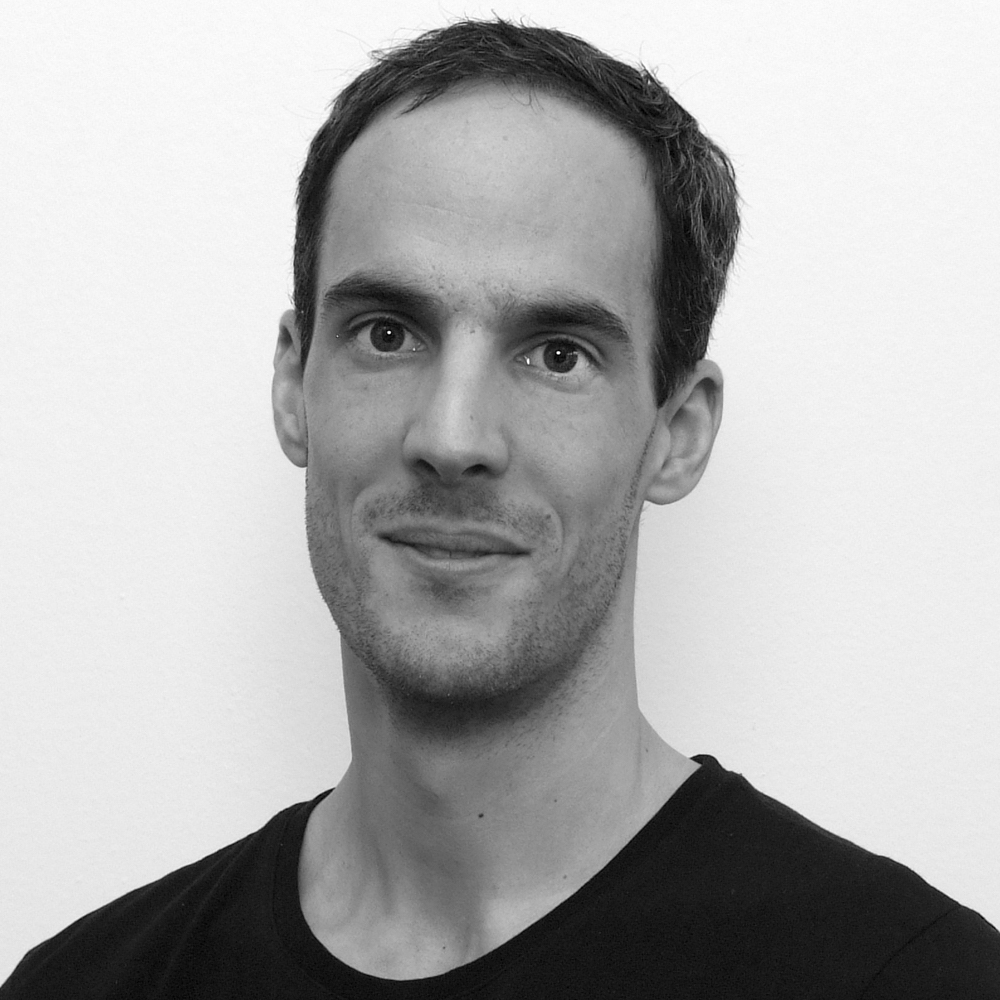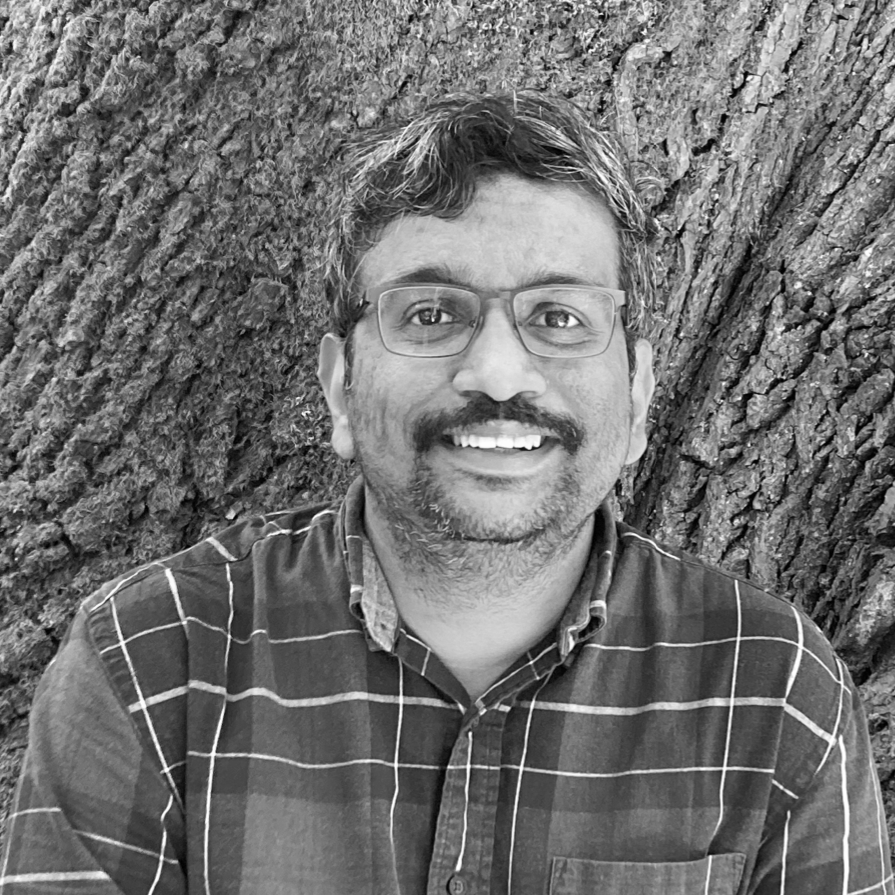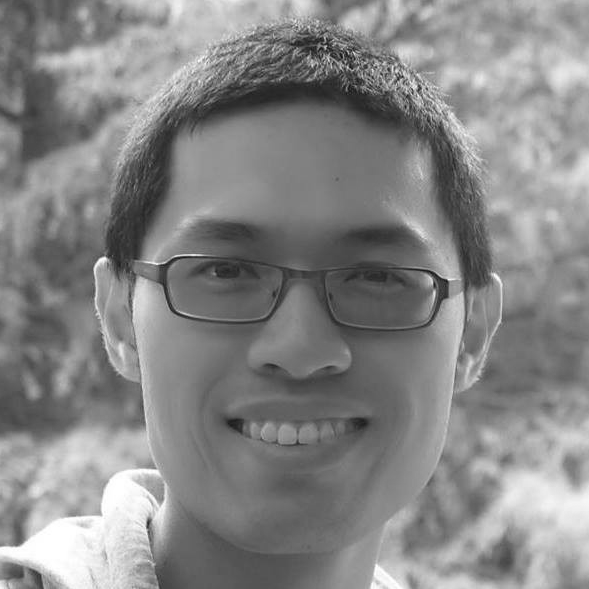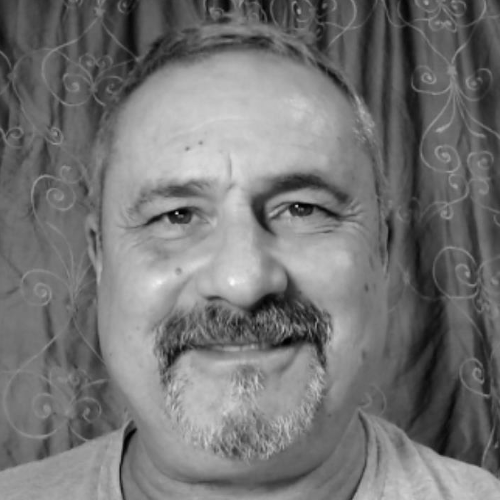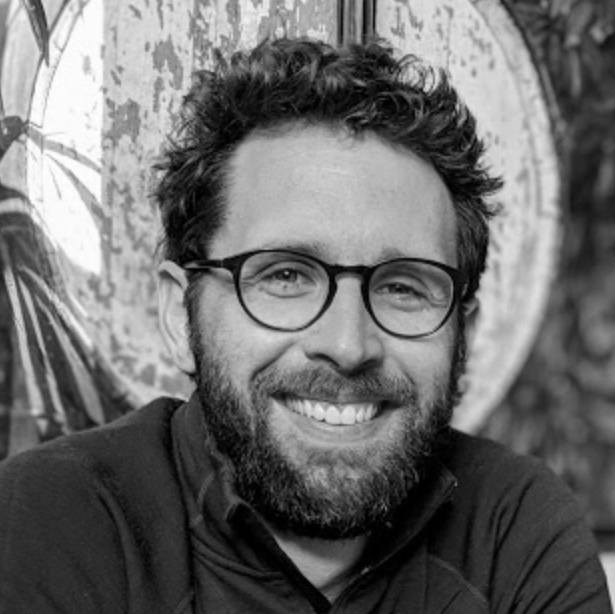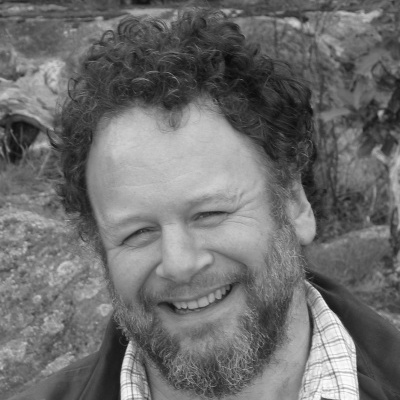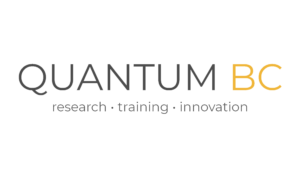PEOPLE
The people listed below reflect the Quantum Computing research community within universities and research institutes across British Columbia in Canada.
Matt Amy
Position: Assistant Professor
Categories: Algorithms, Education, Fundamental Theory, Graduate Research Training Program, Institution, SFU, Software Engineering
Location: SFU
Matt Amy is an Assistant Professor in Computing Science at Simon Fraser University in Canada. He received his PhD in Computer Science from the University of Waterloo, after which he held an Atlantic Association for Research in Mathematical Sciences (AARMS) postdoctoral fellowship in Mathematics at Dalhousie University. Alongside his work in academia, he has spent time in the quantum software industry at Microsoft, Xanadu, and SoftwareQ, the latter at which he developed the industry-leading quantum compiler, staq, and now serves as head of quantum software. His current research aims at developing tools for formally specifying and reasoning about quantum computation to increase the ease with which verifiably correct quantum programs can be written and compiled.
Matt Amy
Assistant Professor
Matt Amy is an Assistant Professor in Computing Science at...
Sven Bachmann
Sven Bachmann completed his doctoral studies at the Institute for Theoretical Physics of the ETH in Zurich with a thesis entitled `Mathematical aspects of quantum charge transport and current fluctuations’. He is now an Associate Professor in the Department of Mathematics at UBC, where he moved in 2017. Sven’s research on topological aspects of condensed matter physics are motivated by quantum information theory (topological quantum computation by anyons is one of the possible implementation of quantum computing), by applications to metrology (the quantum Hall effect has been used to define a standard for electrical resistance) and by the simple beauty of the interplay between mathematics and physics. He enjoys the vastness of British Columbia’s wild coast, its mountains, coves and magnificent forests.
Sven Bachmann
Associate Professor
Sven Bachmann completed his doctoral studies at the Institute for...
Thomas Baker
Position: Assistant Professor
Categories: Algorithms, Applications, Fundamental Theory, Graduate Research Training Program, Spins in Si, Superconducting, UVic
Location: UVic
Thomas Baker is an Assistant Professor in the Department of Physics & Astronomy and also the Department of Chemistry at the University of Victoria in British Columbia, Canada. He earned a M.Sc. from California State University, Long Beach where he graduated on the Dean’s List of Scholars and Artists and held a graduate research fellowship. He earned a Ph.D. from the University of California, Irvine with the support of the Achievement Rewards for College Scientists (ARCS) fellowship before he was the Prized Postdoctoral Scholar in Quantum Sciences and Technology at Institut quantique at l’Université de Sherbrooke. He recently was a Fulbright U.S. Scholar at the University of York in the United Kingdom.
Thomas’s research interests are widespread in the field of quantum computing. He is interested in how to make quantum computers and design quantum materials for qubits and quantum error-correction. He also develops new algorithms for quantum chemistry on the quantum computer. Many times, numerical examples are produced in a custom-built tensor network library called DMRjulia, but other techniques are also used.
Thomas Baker
Assistant Professor
Thomas Baker is an Assistant Professor in the Department of...
Nadish de Silva
Position: Assistant Professor
Categories: Algorithms, Fundamental Theory, SFU, Undergraduate Training
Location: SFU
Dr Nadish de Silva is a Canada Research Chair in the Mathematics of Quantum Computation and an Assistant Professor in the Department of Mathematics at Simon Fraser University. His research interests include quantum information and computation; nonlocality and contextuality; and operator algebras and noncommutative geometry. He is keenly interested in helping to elucidate the structural origins of computational and communicational advantages in both concrete quantum models and abstract postclassical models. These questions sit at the foundations of logic, computer science, and physics, and involve disparate areas of maths: e.g. algorithms and complexity theory, functional analysis, number theory, and category theory.
Nadish previously worked at the Centre for Quantum Information and Foundations in the Department of Applied Mathematics and Theoretical Physics (a part of the Centre for Mathematical Sciences) at the University of Cambridge, in the group of Richard Jozsa FRS. He was a member of King’s College.
Prior to this, he worked in the Department of Computer Science, UCL as the Researcher Co-Investigator of the EPSRC-funded project Contextuality as a resource in quantum computation: a collaboration between UCL and the University of Oxford headed by Simone Severini and Samson Abramsky FRS.
Dr. De Silva spent a semester as a Visiting Scientist at the Simons Institute for the Theory of Computing at the University of California, Berkeley. Previously, he completed his DPhil in Computer Science in the Quantum Group (Logic, Foundations, and Structures), supervised by Samson Abramsky FRS and Bob Coecke, as a Clarendon Scholar at Merton College, University of Oxford. He completed his MSc in Mathematics and BSc in Mathematics and Physics at the University of Toronto where his supervisor was George Elliott FRSC. In Toronto, he was a Visiting Member of the Fields Institute for Research in Mathematical Sciences, supported by NSERC Undergraduate Student Research Awards.
Nadish de Silva
Assistant Professor
Dr Nadish de Silva is a Canada Research Chair in...
Sajin Koroth
Position: Assistant Professor
Categories: Fundamental Theory, Graduate Research Training Program, Undergraduate Training, UVic
Location: UVic
I am a theoretical computer scientist interested primarily in complexity theory, circuit complexity (including quantum circuits), communication complexity, quantum information theory, and interconnections between these subjects. My work in quantum computing is in quantum information theory and focused on understanding the structure of problems where quantum computation models with few quantum gates can achieve provable exponential speed up over classical computing.
I am currently an assistant professor at the department of computer science at UVic. Earlier I was a postdoctoral researcher at Simon Fraser University, hosted by Valentine Kabanets and Igor Shinkar. Before that, I was a postdoctoral fellow at the University of Haifa hosted by Or Meir. During this time, I attended the Simons program on Lowerbounds in Computational Complextiy at University of California, Berkeley as a visiting postdoc. I completed my Ph.D. (thesis, joint winner of IBM India Outstanding Ph.D. Thesis Award) from Indian Institute of Technology, Madras under the guidance of Jayalal Sarma.
Sajin Koroth
Assistant Professor
Sajin is a theoretical computer scientist interested primarily in complexity...
Hoi-Kwan (Kero) Lau
Position: Assistant Professor
Categories: Algorithms, Applications, Fundamental Theory, Graduate Research Training Program, Ions traps and AMO, Photonics, SFU, Superconducting
Location: SFU
Kero is an Assistant Professor at the Department of Physics at Simon Fraser University. Before joining SFU in 2020, Kero got his PhD at the University of Toronto, and worked as a postdoc fellow at Ulm University, Max Planck Institute, and University of Chicago. Kero is a theorist working on the interplay of quantum physics and quantum information, with the focus on bosonic quantum systems, i.e. systems that behave as harmonic oscillators. His current interests include studying the properties of engineered quantum systems (e.g. optomechanics, microwave in superconducting resonator, trapped ions, photon in waveguide), and analyzing the practical performance of various technologies (e.g. sensing, communication, computation, simulation).
Hoi-Kwan (Kero) Lau
Assistant Professor
Kero is an Assistant Professor at the Department of Physics...
Steven Pearce
Lecturer in the School of Computing Science at Simon Fraser University and currently involved in developing courses in quantum algorithms and quantum computational complexity. He received his PhD in theoretical astrophysics and applied mathematics from The Lunar and Planetary Laboratory at The University of Arizona and his MSc from UBC in high energy astrophysics. His research involves computational magnetohydrodynamics, mathematical inverse theory and spectral methods in fluid dynamics. He has only recently become active in quantum computing with research centered on quantum fault-tolerance.
Steven Pearce
Lecturer
Lecturer in the School of Computing Science at Simon Fraser...
Andrew Potter
Position: Assistant Professor
Categories: Algorithms, Applications, Fundamental Theory, Ions traps and AMO, Superconducting, UBC
Location: UBC
Andrew Potter is an Assistant Professor in the Department of Physics and Astronomy and the Stewart Blusson Quantum Matter Institute at the University of British Columbia. His research leverages theoretical tools from quantum information to address fundamental scientific questions such as what are the possible phases of matter? and, when do (or more interestingly don’t!) quantum systems reach thermal equilibrium? He also works on the theory and modelling of quantum computing- and quantum simulation- hardware in solid-state devices and AMO systems, and has recently focused on developing near-term quantum algorithms for material simulation based on quantum tensor network methods. Andrew obtained his PhD in theoretical condensed matter physics from MIT, and was a Gordon and Betty Moore Foundation postdoctoral fellow at University of California, Berkeley. Before joining UBC, Andrew was an Assistant Professor of Physics at the University of Texas at Austin, and a principal physicist in the theory and algorithms group at Honeywell | Quantum Solutions. He is a Sloan Research Fellow, and has received a US National Science Foundation early career award, the IUPAP 2021 Young Scientist award.
Andrew Potter
Assistant Professor
Andrew Potter is an Assistant Professor in the Department of...
Philip Stamp
Position: Professor
Categories: Fundamental Theory, Graduate Research Training Program, UBC
Location: UBC
Dr. Philip Stamp received his PhD in theoretical physics from the University of Sussex. Before his current period at the University of British Columbia, which began in 2002, he was joint director of the Spinoza Institute in Utrecht. He is currently a professor in the department of Physics and Astronomy, and director of the Pacific Institute for Theoretical Physics, both at UBC; he also holds a visiting position in Theoretical Astrophysics at Caltech. His current research interests include quantum magnetism, the physics of decoherence, and the theory of quantum information processing, as well as theoretical quantum gravity. In recent years his work has been applied to the dynamics of qubits in flux superconductors, to spins in insulating, semiconducting, and hybrid quantum optical/solid-state systems, and to quantum Ising systems. The company “D-Wave Systems”, the first company in the world to market and sell quantum computers, was founded in Stamp’s research group.
Philip Stamp
Professor
Dr. Philip Stamp received his PhD in theoretical physics from...

